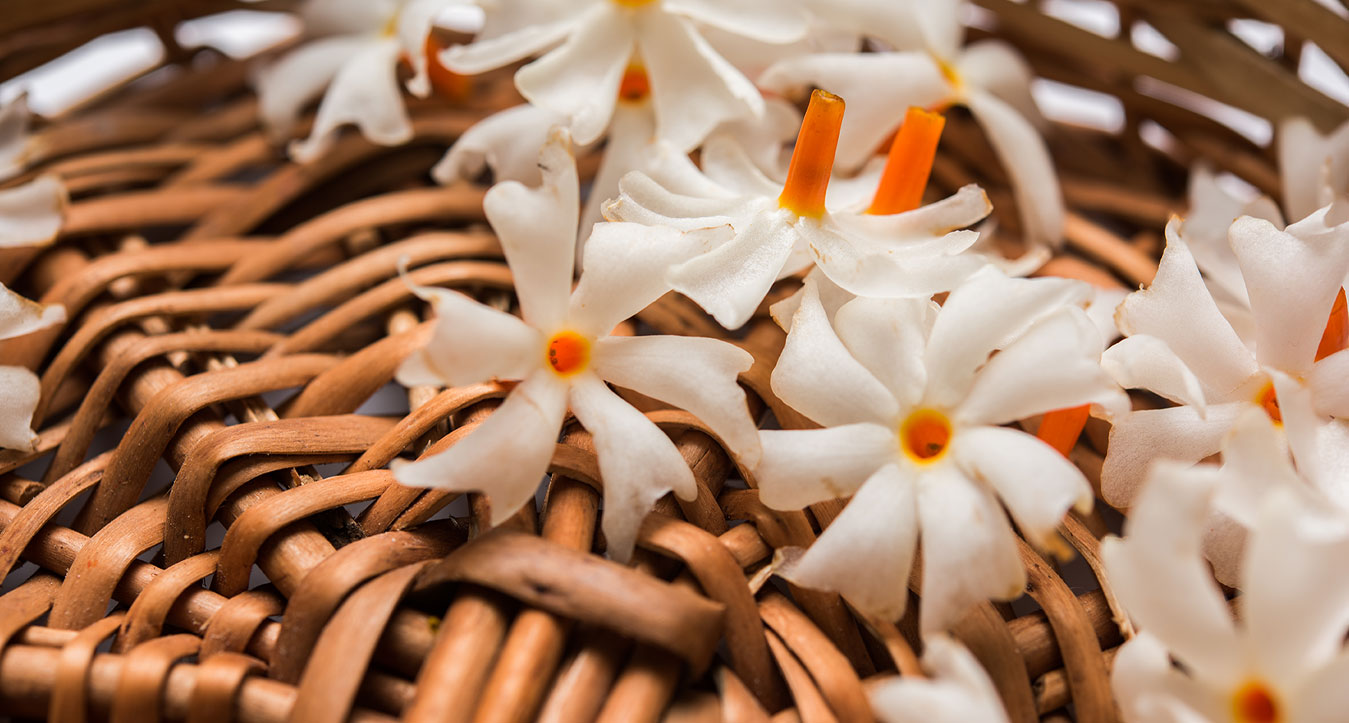 />
/>
Ayurveda and the Treatment of Arthritis
Arthritis is a chronic condition that affects millions of people worldwide. It is characterized by joint inflammation, pain, and stiffness. There are different types of arthritis, including rheumatoid arthritis, osteoarthritis, and psoriatic arthritis. While conventional medicine provides various treatments for arthritis, Ayurveda offers a natural and holistic approach to treating this condition.
Ayurveda is an ancient Indian medicinal treatment system that focuses on maintaining a balance between the body, mind, and spirit. According to Ayurveda, arthritis is caused by an imbalance in the body’s three doshas – Vata, Pitta, and Kapha. Vata represents air and ether, Pitta represents fire and water, and Kapha represents earth and water. When these doshas are imbalanced, they can cause inflammation and joint pain.
Ayurvedic Treatment for Arthritis
The goal of Ayurvedic treatment for arthritis is to restore the balance of the doshas and relieve inflammation and pain in the joints. The treatment includes a combination of dietary changes, lifestyle modifications, herbal remedies, and therapies.
Dietary Changes
According to Ayurveda, a healthy diet is essential for maintaining the balance of the doshas. People with arthritis should avoid foods that increase Vata dosha, such as cold and raw foods, caffeine, alcohol, and processed foods. Instead, they should eat warm, cooked foods that are easy to digest, such as soups, stews, and vegetables.
They should also include spices like ginger, turmeric, and cumin, which have anti-inflammatory properties. Ginger can also help reduce pain and stiffness in the joints. Turmeric contains a compound called curcumin, which effectively reduces inflammation and pain in the joints. Cumin can also help with digestion, which is vital for people with arthritis.
Lifestyle Modifications
In addition to dietary changes, people with arthritis should make lifestyle modifications to manage their condition. They should engage in regular exercise to improve joint mobility and reduce stiffness. Yoga and meditation can also help reduce stress, which can worsen arthritis symptoms. Ayurvedic massages can help improve circulation and reduce inflammation in the joints.
Herbal Remedies
Ayurveda offers various herbal remedies for treating arthritis. Some of the commonly used herbs include:
- Turmeric: This spice contains a compound called curcumin, which has anti-inflammatory properties.
- Ginger: Ginger is another spice with anti-inflammatory properties that can help reduce joint pain and stiffness.
- Boswellia: This herb contains compounds that can reduce joint inflammation and pain.
- Ashwagandha: This herb has immune-modulating properties that can help reduce joint inflammation and pain.
- Guggulu: This herb contains compounds that can help reduce joint inflammation and improve joint mobility.
Other herbs like Ashwagandha and Shatavari can also be used to manage arthritis symptoms. These herbs have anti-inflammatory properties and can help improve joint mobility.
Therapies
Ayurveda also offers various therapies for treating arthritis. Some of the commonly used therapies include:
- Panchakarma: This therapy involves a series of detoxification treatments that help remove toxins from the body and restore the balance of the doshas. This can help reduce inflammation and pain in the joints.
- Abhyanga: This therapy involves a full-body massage with warm oil to improve circulation and reduce joint inflammation.
- Basti: This therapy involves the use of medicated enemas to reduce inflammation and pain in the joints.
- Nasya: This therapy involves the administration of medicated oils or powders through the nostrils to reduce inflammation and pain in the head, neck, and shoulders.
- Shirodhara: This therapy involves pouring warm oil over the forehead to reduce stress, anxiety, and pain in the head and neck.
These therapies can be customized based on the individual’s specific condition and dosha imbalance.
Benefits of Ayurvedic Treatment for Arthritis
Ayurvedic treatment for arthritis has several benefits. It is natural and does not have any side effects. It focuses on treating the condition’s root cause rather than just managing the symptoms. It can also improve overall health and well-being by restoring the balance of the doshas.
However, consulting an Ayurvedic practitioner before starting any treatment is crucial. They can assess the individual’s dosha imbalance and recommend a customized treatment plan. They can also monitor the individual’s progress and adjust the treatment as needed. Harivihar Heritage Homestead is an Ayurvedic retreat in Calicut, Kerela, India. They have an expert team of Ayurvedic practitioners who offer various treatment programs to help patients manage arthritis effectively. Ayurvedic wellness programs at Harivihar are popular with people seeking alternative treatment methods.
Conclusion
Arthritis can be a debilitating condition that affects a person’s quality of life. While conventional medicine provides various treatments for arthritis, Ayurveda offers a natural and holistic approach to treating this condition. Ayurvedic treatment for arthritis includes a combination of dietary changes, lifestyle modifications, herbal remedies, and therapies. It focuses on restoring the balance of the doshas and relieving inflammation and joint pain. While Ayurvedic treatment for arthritis has several benefits, it is essential to consult an Ayurvedic practitioner before starting any treatment.

